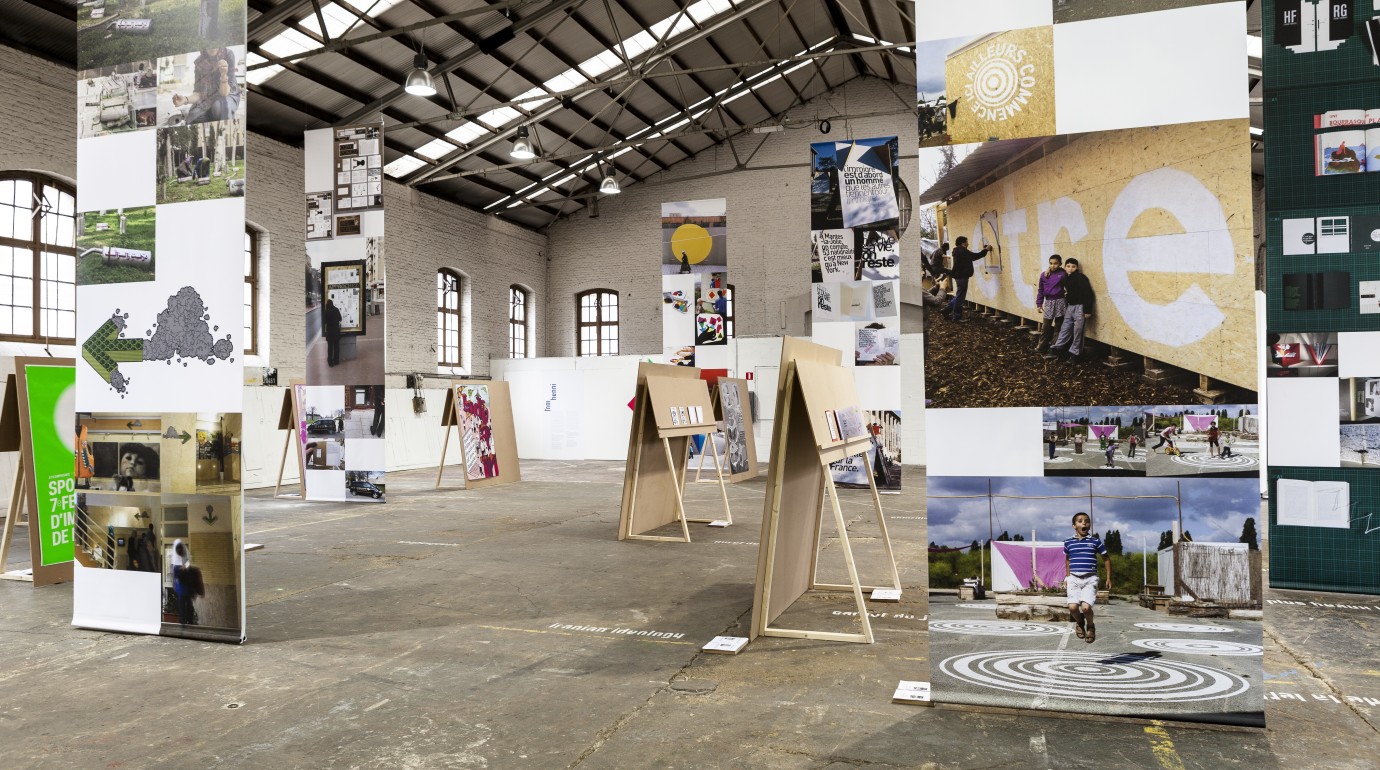
Printed Commons
Graphic design is one of the two new fields of vision in the second edition of RECIPROCITY. Focusing on graphic design and visual communication as a channel of civic expression for social change ...

Graphic design is one of the two new fields of vision in the second edition of RECIPROCITY. Focusing on graphic design and visual communication as a channel of civic expression for social change ...
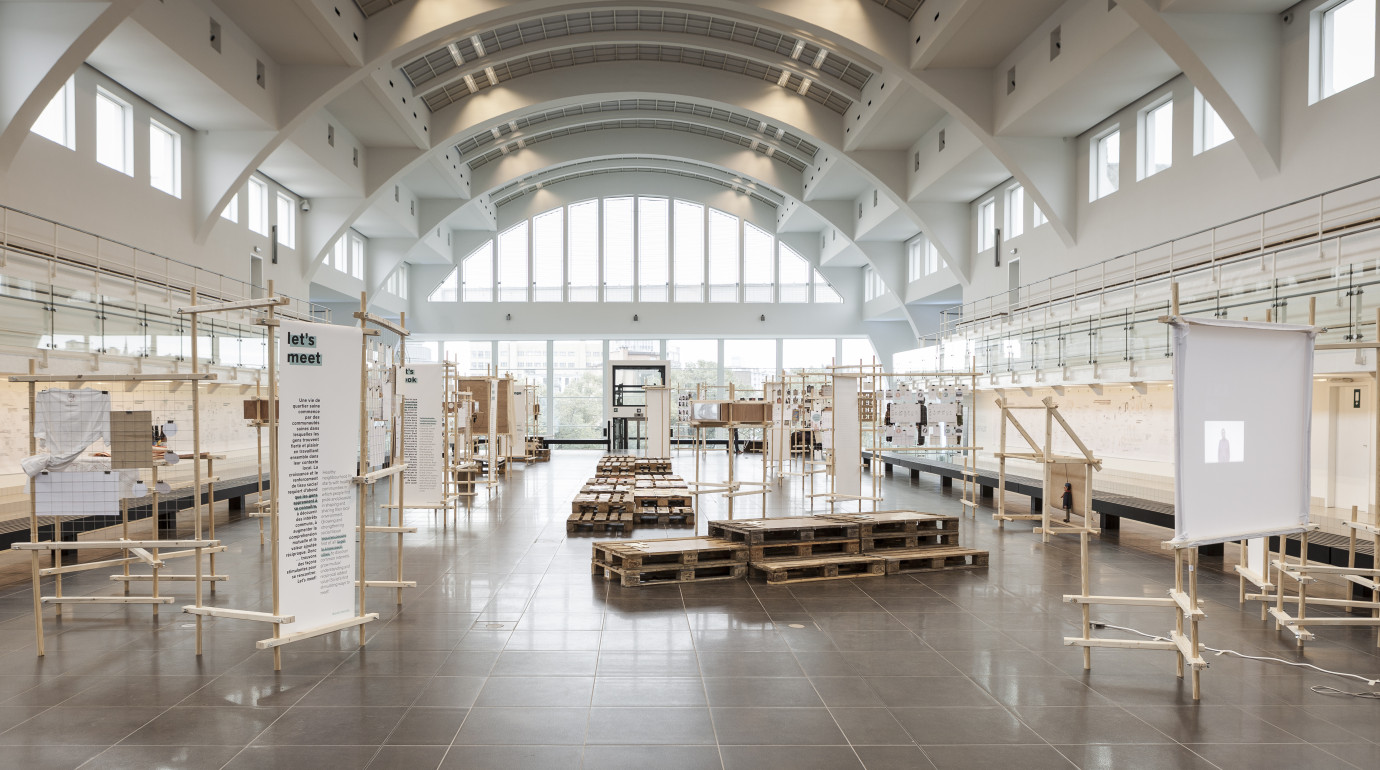
The ongoing nature of RECIPROCITY is one of its key foundations, and in the Welcome to__ project we see the role that design can play...
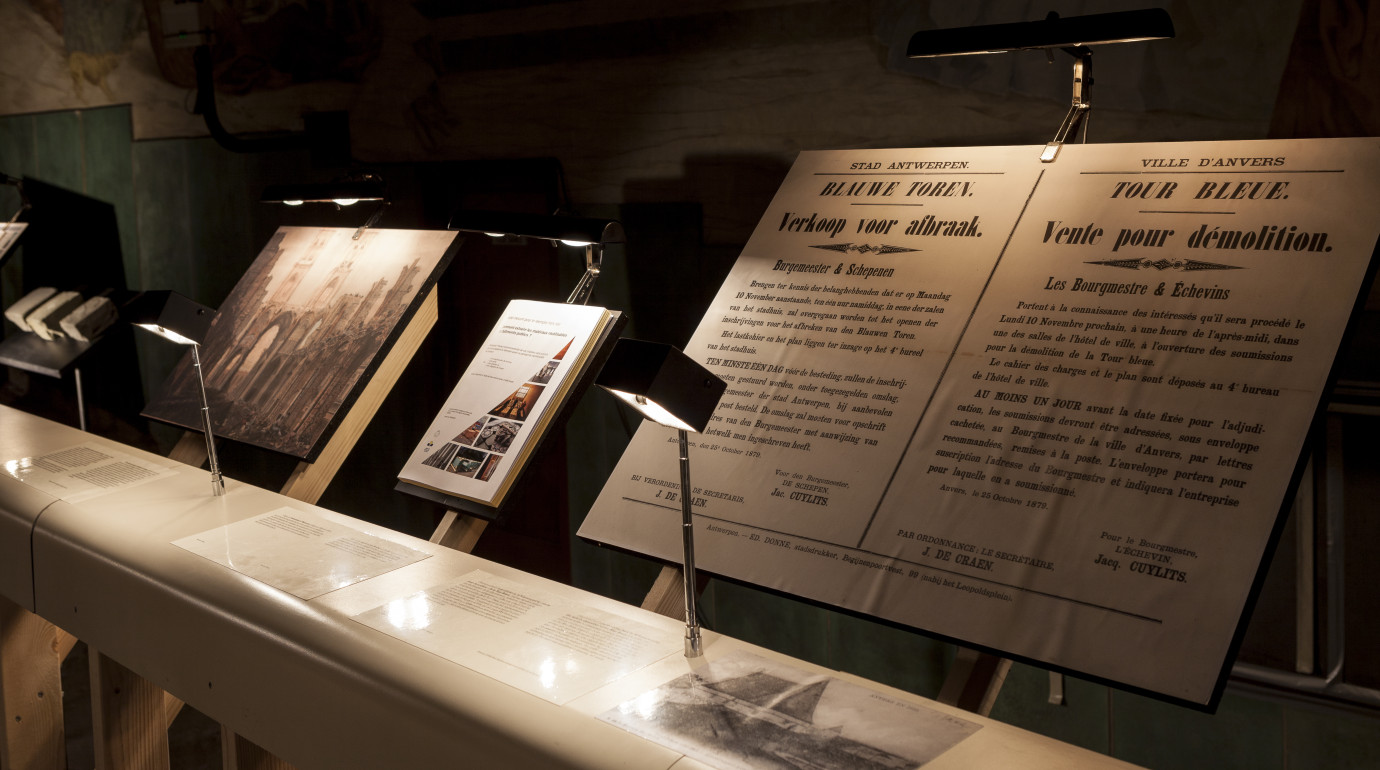
Rotor, the Brussels-based design and research collective, brings architecture into the RECIPROCITY fold...
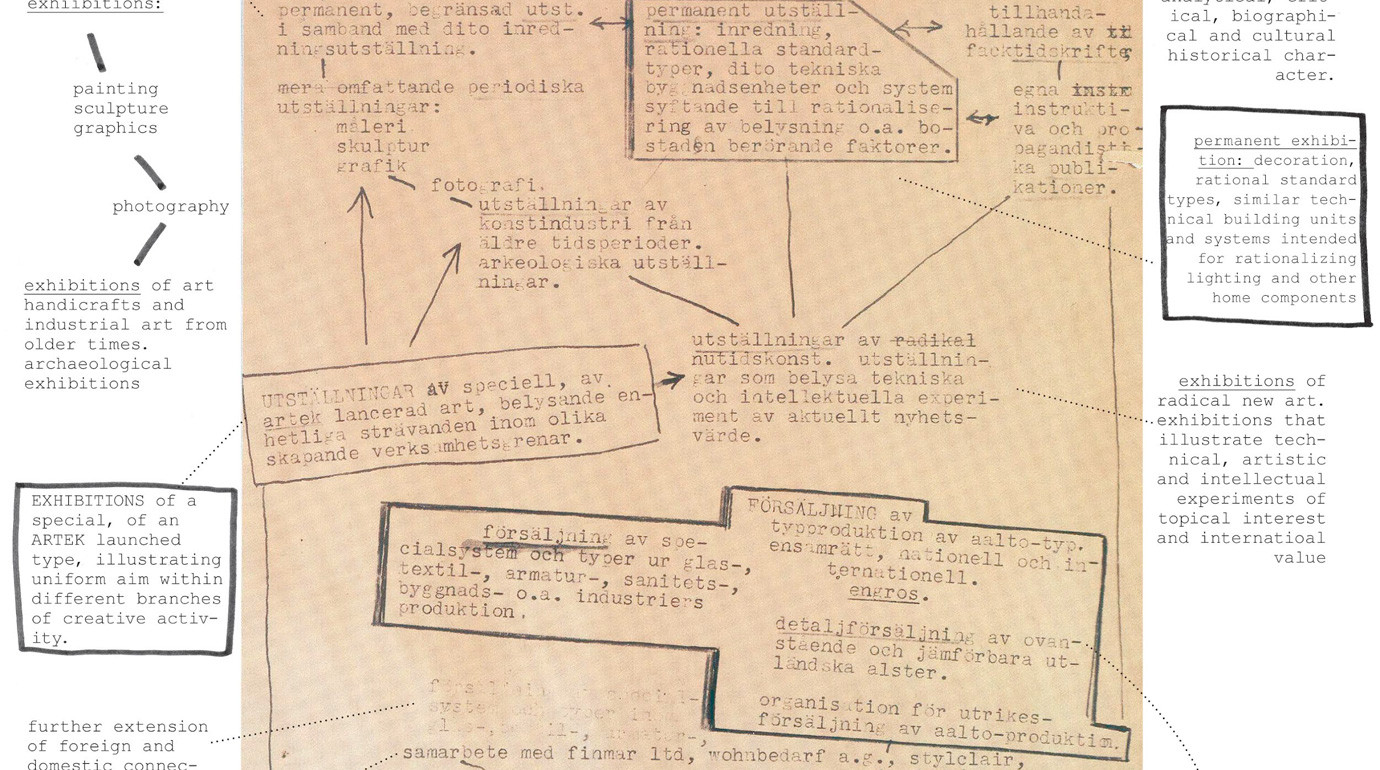
Want to understand the fundamentals of Finnish aesthetics? On October 1st, the Executive Director of Artek, Marianne Goebl, will hold a conference about the long journey, research and investment in sustainable design of the brand founded by Alvaro Aalto. Artek, founded as a platform for modern arts, industry, interior architecture and propaganda in the beginning of the international modernist movement, still works according to the vision of its creators 80 years after its creation, and opens the ball of RECIPROCITY with the opening of the The Taste of Change exhibition and the award ceremony at the Musée de la Vie wallonne at 18h.. During the conference, a series of the Artek bestsellers Stool 60 signed Aalto, will be revisited with laser technology by three artists from Liege: Marc Vanlindt – digital fractal; Toska – Urban graphic; Romain Troupin – Art fake. Book your tickets right away!
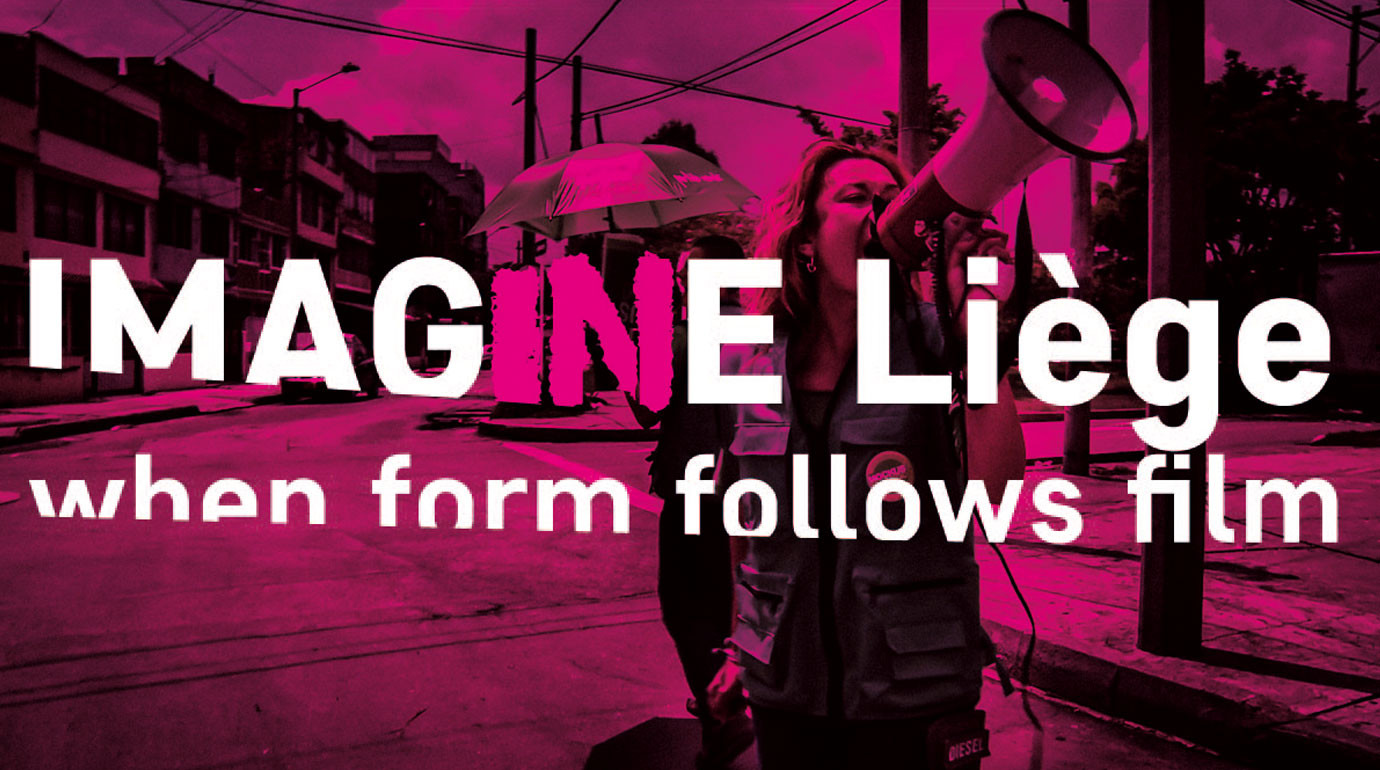
DURING RECIPROCITY, IMAGINE LIÈGE is a two day event – 2 and 3 October 2015 – to be held in The Cité Mirroir and whose focus is the exploration of the film’s key role in social design. Commissioner Max Borka wanted to highlight the work of two filmmakers, pioneers in the field: Marcus Vetter (DE) and Andreas Dalsgaard (DK), as well as Liege’s Benjamin Hennot, director of La Jungle Etroite, proposed as a permanent projection. Discussions on the film, the social design and the local scene will accompany the projections.
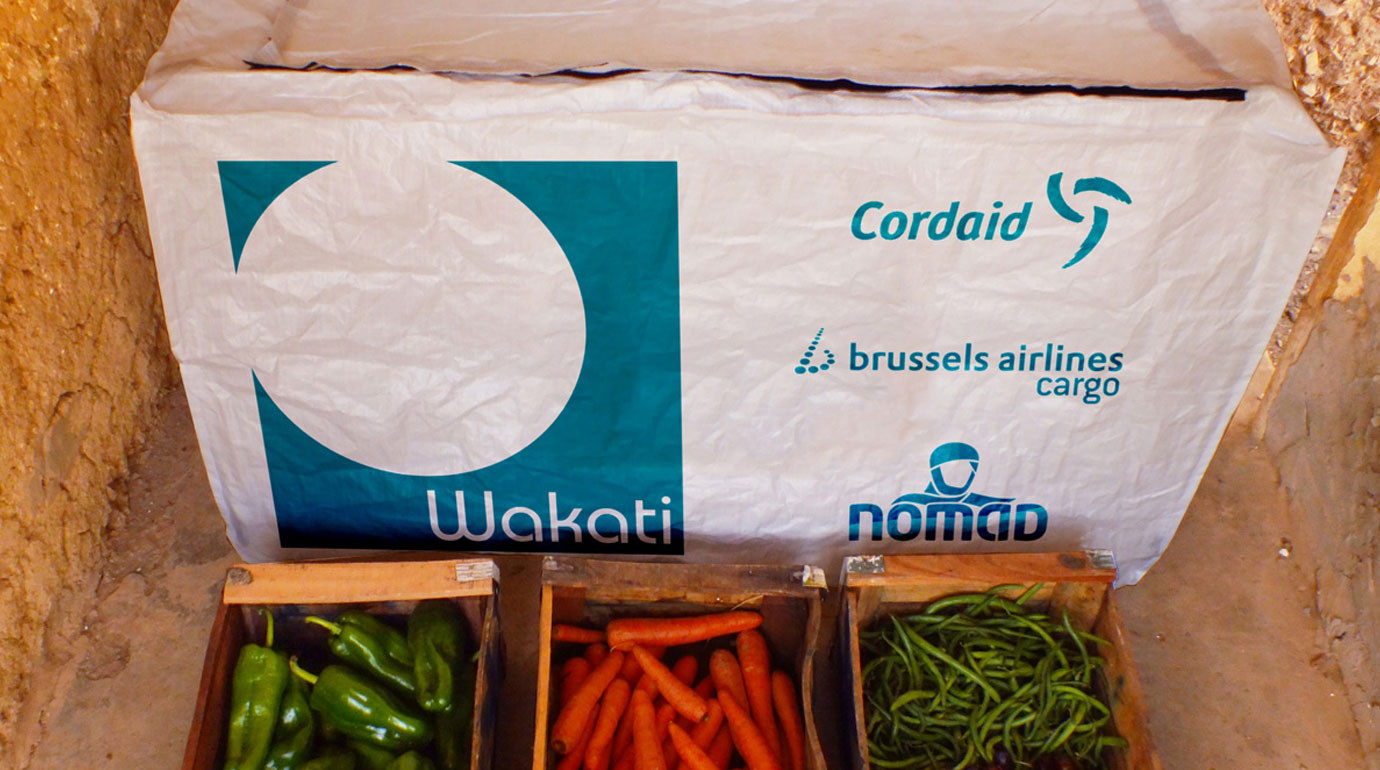
… Arne Pauwels and his Wakati project!
It is a successful project that does not hide its ambitions – minimize post-harvest losses of what has already been produced in developing countries – which won the International Prize at the RECIPROCITY DAY / EXPO MILANO 2015 Belgian Pavilion,
awarded by the International Jury of the Call for Projects THE TASTE OF CHANGE – Design for food.
Wakati, which means “time” in Swahili, allows farmers to increase the shelf life of fruits and vegetables. According to the United Nations, 45% of fruits and vegetables is spoiled before it reaches the market. The initiator of the project, Arne Pauwels, inspired by an “old” technology to keep areas cool, has devised its first use by farmers in Africa, forced to travel long distances to reach the nearest market where sell their products. It is impossible to be productive without a decent storage to protect the crops: Wakati is therefore ideal for warmer regions of the world with little energy. This tent / container provides a sterilized micro-climate, powered by a solar panel of just 3 Watts: it can contain 180 kg of fruits and vegetables. The energy required is less than 1% of a fridge and the cost is minimal.
The multi-disciplinary nature of the project certainly attracts different communities: eco-sustainable, business, design. These multiple dimensions converge in what we call “design for humans,” with a taste for change, of course!
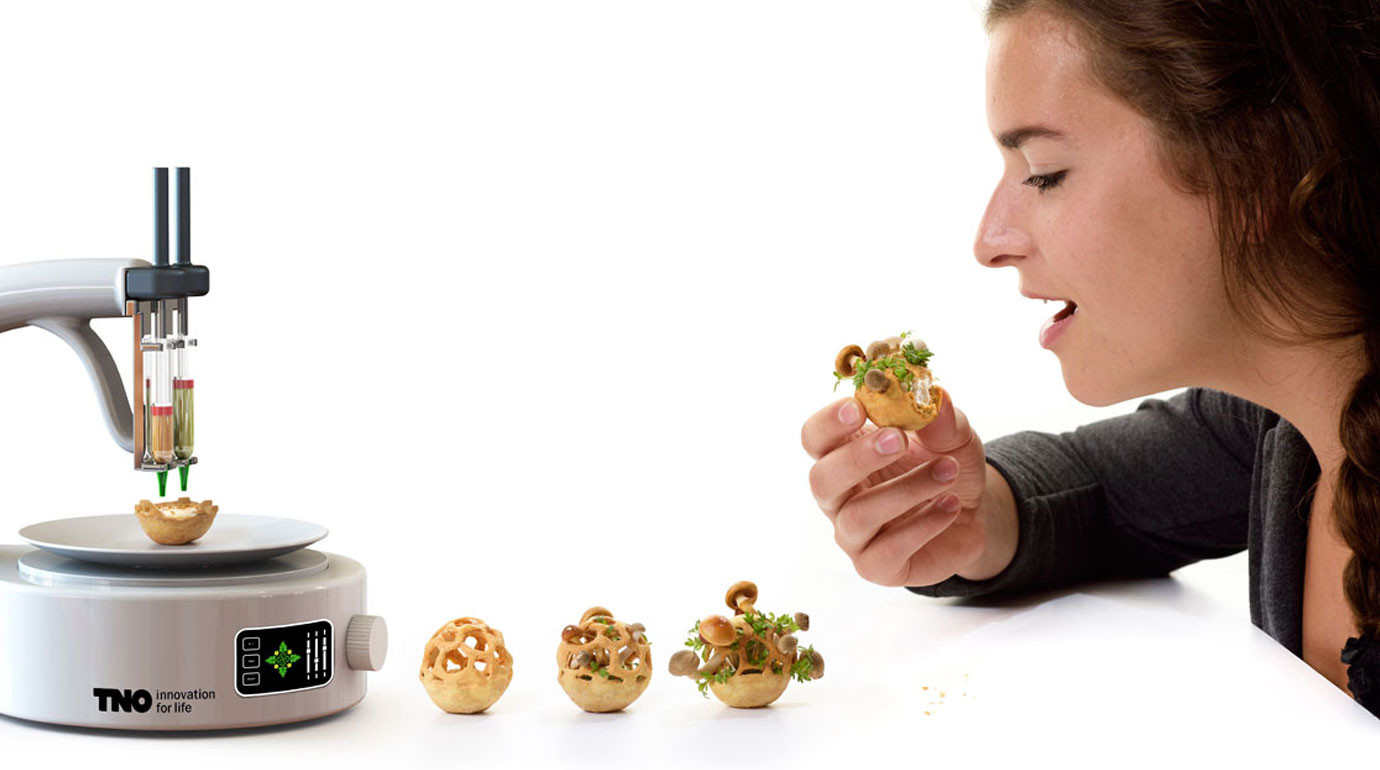
… Chloe Rutzerveld and her Project Edible Growth!
It is an unprecedented challenge, demonstrating how high tech can rhyme with health, that won the Euregio Prize, awarded this May 4 by the Jury of the Call for Projects THE TASTE OF CHANGE – Design for food.
Edible growth is an example of a future food product that forms a bridge between new technologies and authentic practices of growing and breeding food. It combines food with new technology, nature, culture and design.
Multiple layers containing an edible breeding ground, seeds, spores and yeast are printed according to a personalized 3D file after which natural processes like photosynthesis and fermentation will start. Within five days the plants and fungi mature while the yeast ferments the solid inside into a liquid. The product’s intensifying structure, scent and taste are reflected in its changing appearance. Depending on the preferred intensity, the consumer decides when to harvest and enjoy the delicious, fresh and nutrient‐rich edible.
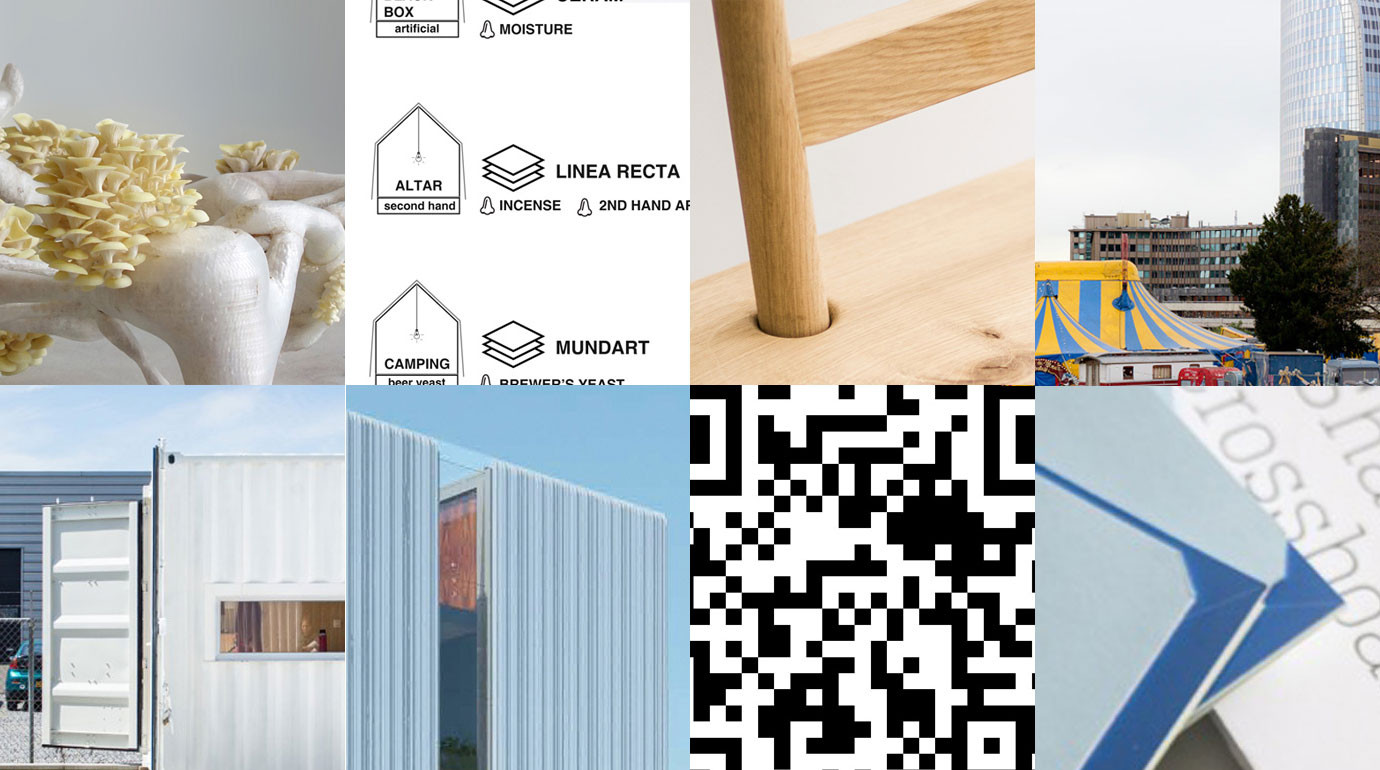
Though being a creative pool in the heart of Wallonia, RECIPROCITY design liege continues to build relationships, stimulate discussion and support innovation. This 2015 edition expands its boundaries in terms of discipline and geography: RECIPROCITY will host a series of exhibitions and events organized in other cities in Belgium and the Meuse-Rhine . Here are the extra-muros.
Toegepast is an annual contest for graduate designers. In 2015, the 20th edition will be held again at the Z33 in Hasselt, but in order to highlight this jubilee, it will be under the sign of experimentation: all selected participants of previous editions will be invited to collaborate on Beyond Food & Design, to be held at the C-mine designcentrum Genk, curated by Jan Boelen. In Mons 2015, European Capital of Culture, Innovation & Ready-made reflects on the conservation and enhancement of our heritage, tangible and intangible, questioning the role that we all can play. Following a workshop organized during six months by Single Studio, the exhibition will deploy the issues related to the evolution of design manufacturing technologies and their impact in our daily lives. In Maastricht, Bureau Europa aims to highlight certain European networks that connect various actors and events. The Design by choice exhibition, organized by Professor Sowa and Jules Schoonman, concentrates on a representative sample of European cast iron trade catalogues as depicted in the 19th century. Meanwhile, in Made in Europe, the photographer Kim Bouvy analyzes the specific reciprocity between the history and the industrial identity of Liege and Maastricht. Shifiting Identities tells the story of the Meuse-Rhine Euregio. From the daily experience of its people and the use of new technologies, this exhibition presents research on identifiable characteristics of this fascinating border area. Dear Euroregio Dates, in Liege and Maastricht, presents a multilevel investigation of the character of the Meuse-Rhine Euroregion. The aim of Dear Euregio is to trace habits, spatial routines and experiences of the inhabitants of this cross-border region. These experiences will be translated into mappings, but also into spatial action and interventions. The project is executed from two converted shipping containers, one for the team of Dear Hunter and one furnished as a small hotel room, fully equipped to receive guests and collaborators. A series of designers from different backgrounds join in ‘dates’. Through working sessions and discussions they share (knowledge about) their projects and strengthen cross-border encounters. The meetings are captured in a ‘road movie’ to be broadcasted during in both Liege and Maastricht. A guided tour to discover the Maastricht cultural scene and key players in the city and surrounding Euregion: Common Knowledge # 21 is organized to strengthen knowledge of creative artists, cultural professionals and the curious, during a walk through Maastricht. In Kerkrade, the Netherlands, the Cube Design Museum opens its activities devoted to the best international and Euregional design. The museum aims to be a dynamic space of co-creation through its Living Labs. And in Germany, Designmetropole Aachen is a loose network of artists and designers who operate out of the greater Aachen region, and the bordering parts of Belgium and the Netherlands. From October 2015, Designmetropole Aachen will invite designers to plan & publish any number of dates where they open the doors of their studios/workspaces and throw parties or host events.
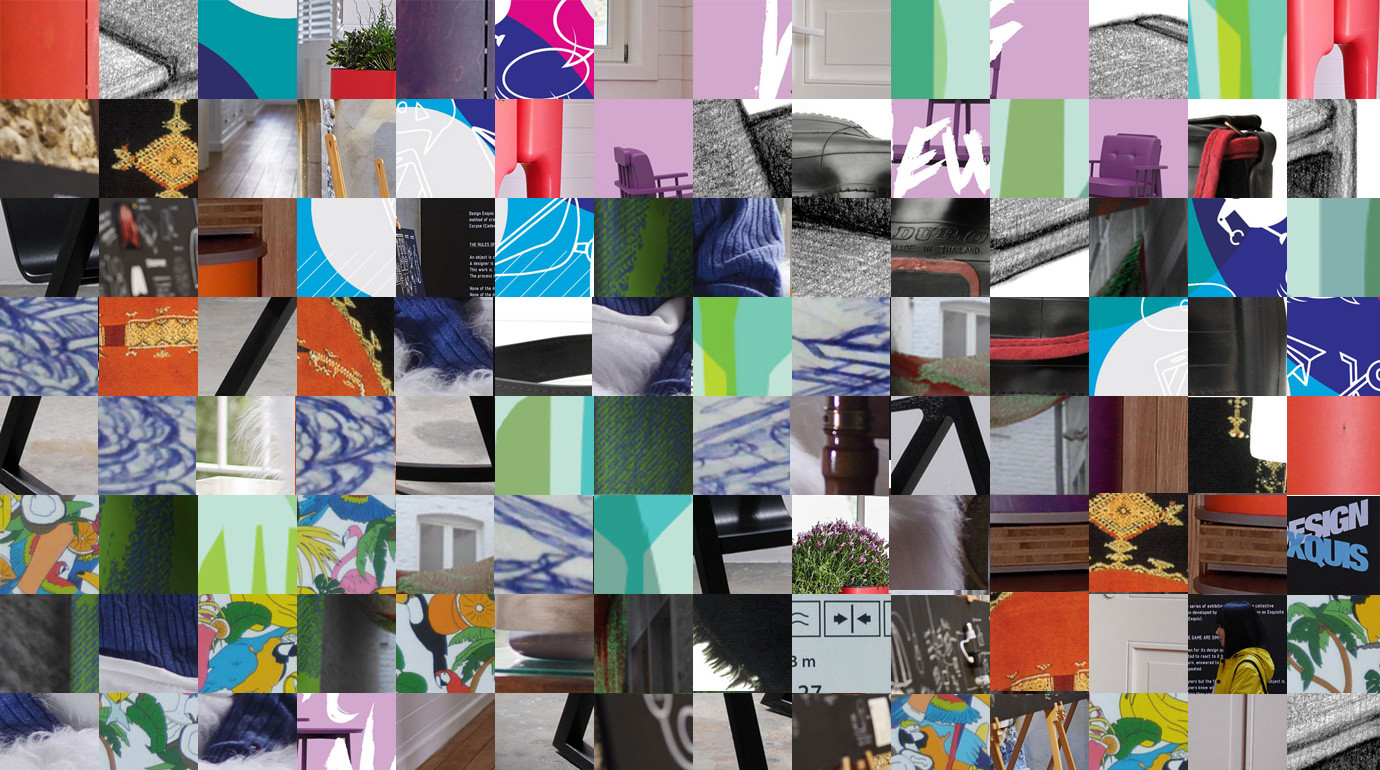
The next edition of RECIPROCITY will transform Liege into a place of creation, reflection and sharing as you've never seen before. Thanks to the support and collaboration of the Province of Liège / Culture, a selection of local galleries, museums and organizations will create a tour of new and additional content around the main program and the "guests" initiatives. Here are all the satellite events, enjoy!
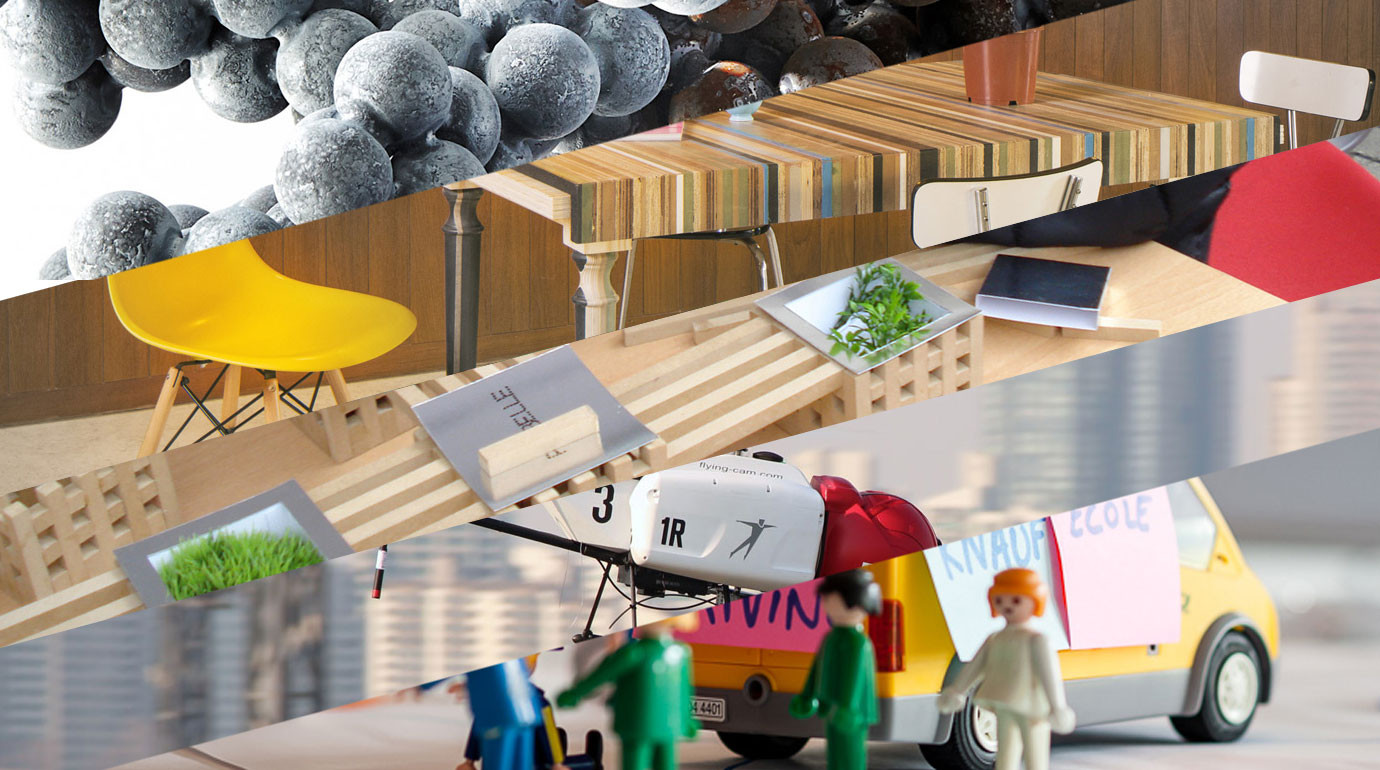
The soul of RECIPROCITY is eminently polyphonic. The main program, developed by internationally renowned curators, will include a meeting point, four exhibitions and an event dedicated to documentary films on social innovation. But there’s much more… Five exhibitions and events will be organized around the main program and its theme by guest institutions, all active in the field of design in Belgium. Let’s discover these guest exhibitions.
Design on Track is a co-organization by Spi, Wallonie Design and Job’in Design. This exhibition brings together a selection of products / services from different sectors design in Wallonia. The exhibition will inaugurate the cycle of events of the Station Design Wallonia, the new center entirely dedicated to design and related economy in the Walloon Region of Belgium. A Touch of Steel is a traveling exhibition that draws its content from the 2014 Steel Prize competition organised by the German Kolloquium Nordrhein Westfalen together with the Jewellery Design, Gold & Silversmith department of the Royal Academy of Fine Arts Antwerp. Showcasing 22 students’ work, who impressed with refreshing and pioneering ways of handling steel, it will also feature the contributions of 27 German and Belgian designers and artists. The presentation will be held at the Grand Curtius. Launched in September 2014 at the Design Vlaanderen gallery, the exhibition MÖBEL, for the Triennale, is based in ESA Saint-Luc Liège and shows a collection of furniture designed by recognised designers, and made in the RessourceLab studio by those working in the social economy. MAD In Situ is the lab for social innovation and social design of MAD Brussels. In the meeting point of RECIPROCITY 2015, the center will present projects developed in collaboration with designers-in-residence, engaged in a dynamic creative process based on the confrontation with the issues of local residents. Last but not least, Creative Jam, organized by Design Innovation, is a workshop / exhibition to rethink meals and the way distribution systems are organised in the framework of a social service. Participants will create new recipes based on products from short circuits, create new settings for their uses, and will prototype these new proposals. The results of this creative marathon will be offered to the visitors during a festive tasting.